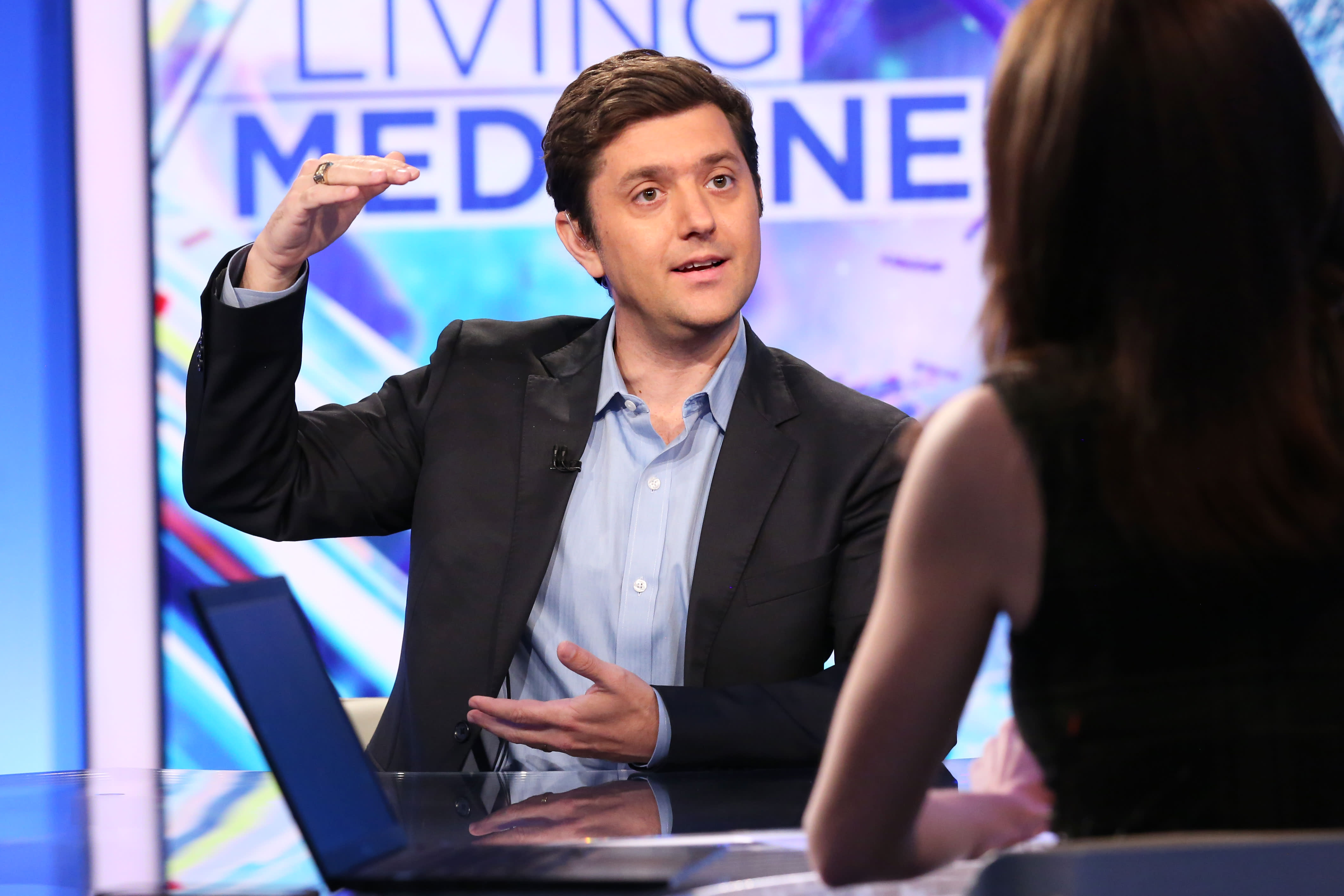
Boston-based biotech company Ginkgo Bioworks will make its market debut by merging with Soaring Eagle Acquisition Corp., the blank-check company led by former MGM CEO Harry Sloan.
Ginkgo was started in 2009 by a team of MIT scientists intent on building made-to-order microbes that enable customers to grow rather than manufacture better products. The company calls itself the “organism company” because it designs and prints DNA, the building blocks that support all living things.
The company, ranked No. 44 on last year’s CNBC Disruptor 50 list, was most recently valued at $4.86 billion following a May financing round, according to PitchBook data.
The deal, worth $17.5 billion, including a $15 billion valuation for Ginkgo and $2.5 billion in deal proceeds, would make it one of the largest SPAC mergers to date.
Singapore-based “super app” Grab is also in talks to go public through a SPAC merger with Altimeter Capital Management, valued at nearly $40 billion. Grab was also on last year’s CNBC Disruptor 50 list, ranking No. 16.
Soaring Eagle Acquisition Corp., Sloan’s seventh SPAC formation, is led by executives of the same blank-check company that brought DraftKings and Skillz to the public markets last year.
The deal includes a $775 million private placement led by Baillie Gifford, Putnam Investments and Morgan Stanley Investment Management’s Counterpoint Global arm. So-called PIPE financing is a mechanism for companies to raise capital from a select group of investors that make the final market debut possible. Cathie Wood’s Ark Investment Management, Bain Capital’s public equity arm, Bill Gates’ private investment arm Cascade Investment and T. Rowe Price Associates are also participating.
The transaction is expected to close in the third quarter.
So-called “blank check” companies are formed for the sole purpose of buying another company, and taking it public, typically within two years. SPAC offerings were on a hot streak over the last year as the pandemic and wild volatility continue to weigh on the traditional IPO market.
But as new deals continue to flood the market, SPAC IPO stocks — many of which experienced heightened speculative trading activity —have proven to be vulnerable. There were 328 SPAC deals during the first quarter 2021.
The proprietary CNBC SPAC 50 Index, which tracks the 50 largest U.S.-based pre-merger blank-check deals by market cap, which soared earlier this year has suffered a steep decline and is now negative on the year. The CNBC SPAC Post Deal Index, which is comprised of the largest SPACs that have come to market and announced a target acquisition, has seen its year-to-date gains wiped out. The CNBC SPAC Post Deal Index was down 6.98% in the past week through Monday.





































